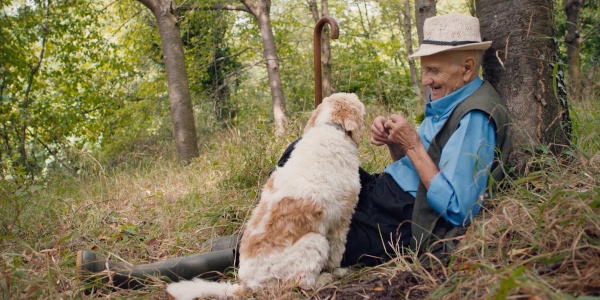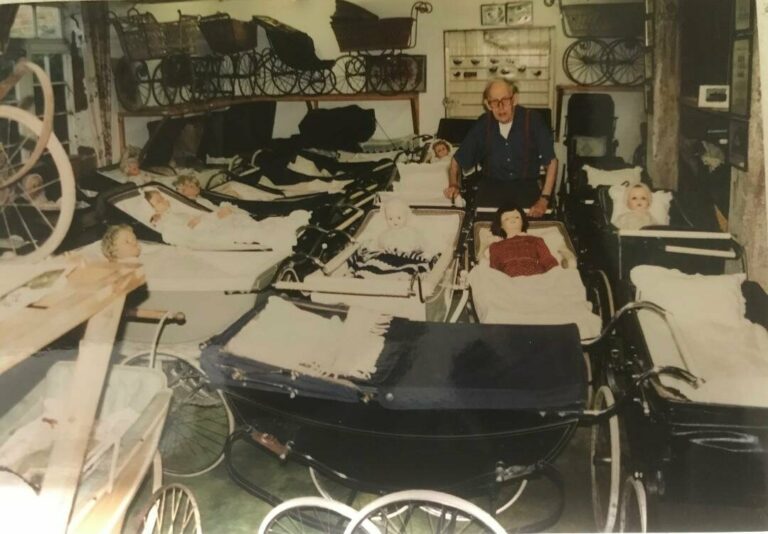SHADOWS: A Ship In A Bottle
I used to be obsessed with miniature ships in bottles. For hours I would stare into them, fascinated by the patience and meticulousness constructing such a thing required and even more fascinated by the sheer detail put into the endeavor; marring the surfaces and sails of the small tableau were scars, scratches, holes, contours, and blemishes, that added another dimension of realism to the scenes displayed, each imperfection telling a story of its own.
The days of that childhood obsession have now fallen into the past, and up until a while ago I also thought that the swell of emotions I used to feel when staring into those glass embryos had too been cast into oblivion. Up until I saw Shadows that is. Like some sort of de-aging spell, Shadows managed to pull all those forgotten childhood emotions I once harbored, out from the nethers of my memory, once again turning me into a child.
Directed by John Cassavetes, Shadows is the cinematic equivalent of a ship in a bottle. The film manages to take a beatnik era New York City, with all its rawness and imperfection, and enclose it within a jar for the audience to “ooh” and “ahh” at, as if watching fireflies twinkle in the summer twilight. Like nosy interlopers, in Shadows, we as the viewers are pushing our eyes up against this window into the lives of these characters, shamelessly observing their joys, heartbreaks, and struggles. And what a beauty it is to behold.
Synopsis
Shadows follows the lives of 3 black siblings attempting to traverse the unsteady waters of a late 50s’ New York City ensconced in beatnik culture. Heavily immersed within the movement, we watch these siblings get caught in Kerouac-esque situations of frivolity and debauchery, moving from one fleeting moment to the next, all centering around Lelia (Lelia Goldoni), the closest thing the film has to a main character.
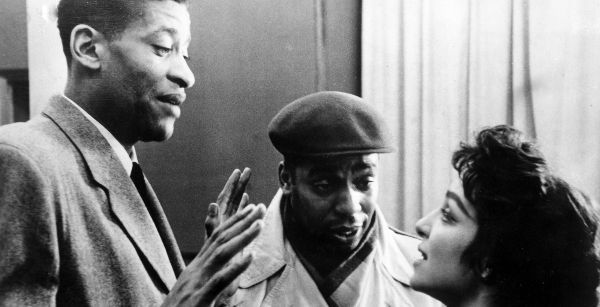
Lelia is a young 20-year-old black woman going through the motions of adulthood, attempting to find her place among the wannabe Kerouacs and Ginsbergs surrounding her. This endeavor of self-discovery leads her down the tumultuous avenues of love, disappointment, and realization. And through this, Lelia not only cultivates a slew of knowledge about love and the sad place that she as a black woman occupies in the grand design of the period, but the audience also learns of a facet of discrimination seldom explored in cinema.
The Scars
Like a ship in a bottle, the scars and blemishes added are not done with an intent to desecrate the work of art, but to bring it closer to reality. Without these scars, however picturesque the film may be, it ultimately would be nothing more than a mere burlesque of the past. From a technical standpoint, Shadows is riddled with scars and imperfections. The editing is choppy, the overdubbing is obvious in some places, and the improvisational nature of the film can stall its progression at times.
However, all these imperfections contribute to the overall rawness of the film and subject matter. Nothing ever feels feigned or inauthentic. The same can be said for the larger narrative. Along with the joyous attributes of his generation, Cassavetes‘ is relentless when it comes to revealing the ugly parts – the malignant attributes of society that even the beats were susceptible to – all in an honest and realistic manner.
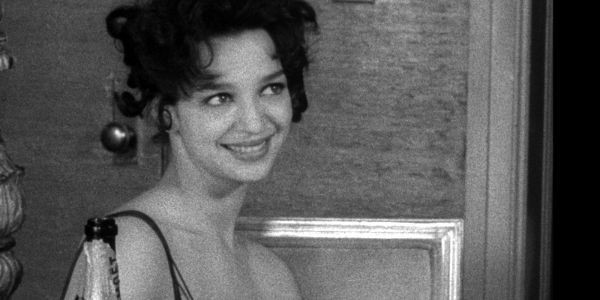
The glittering theater marquees, spotless land yachts, and the diners scattered about the film were a staple of American life in the late 50s, but for people of color, racism was something equally as pervasive; capable of penetrating any barrier no matter how forward-thinking, even that of the beat movement. Cassavetes‘ choice to directly confront the ignorance in a movement he was so heavily immersed in, not only incites a discussion on the paradox of racism present in a movement so heavily influenced by minority cultures but also brings forward a concept way ahead of its time: that discrimination can manifest itself in a variety of forms.
Less Is More
Film has historically had a tendency to be constrained in its portrayal of race and racism. The times the medium has ventured into the subject, the racists we see grace the silver screen tend to be more caricatures than actual people, hardly emblematic of the true cunning and adaptive nature that racism possesses. Shadows goes the distance and unveils this underlying yet equally destructive form of discrimination.
The beauty of Cassavetes‘ execution of this concept lies in its subtlety. The way moments of racism are presented in Shadows can be likened to a silent intensity, a more reserved depiction that’s almost shocking in its realism. It doesn’t unfold in the way popular film has accustomed us to expect these situations to unfold, and the characters don’t necessarily react in the ways that we think they’d react in these situations. It’s confusing, it’s unique, and it veers off the derivative path, into the untrodden territory of real life.
We always see racism presented in media, as something upfront. Hardly is it ever shown as something atavistic and malignant, almost like a sickness needed to be remedied. And hardly are the people that go through these soul-crushing instances of discrimination not presented to us as victims, but complex human beings with a whole array of emotions to go with them. Shadows accomplishes all of these tasks.
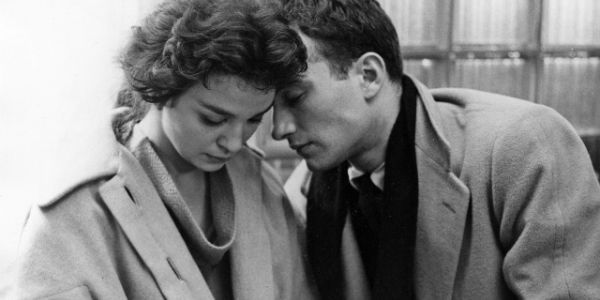
All of this is even more startling when taking into account the period at which this film was released, and the state of the movie industry at the time. In Europe, cinematic movements like the French New Wave, and Italian neo-realism were at full swing, while in America the studio system was still all-powerful. The success of the studio system’s ability to churn out genre films with a high return left little room for American filmmakers to be as creative and trailblazing as their European contemporaries. So the fact that Cassavetes had the gall to make a completely improvised film addressing racism, with black actors in lead roles, makes the film that much more commendable.
Conclusion
Shadows is a snapshot of a long-gone period. It embraces the brash and unfiltered attitude of its era by refusing to omit the mistakes littered throughout this film, much to the benefit of the experience. These imperfections signify the visceral love that Cassavetes‘ had for the medium, working around them to deliver a film that still stands the test of time in its subject matter. The beauty of films like Shadows is that even though they may remain obscure, they’re proof that even when against all odds the will one person to see his own vision through, somehow prevailed.
What are your thoughts on Shadows? Let us know in the comments below!
Watch Shadows
Does content like this matter to you?
Become a Member and support film journalism. Unlock access to all of Film Inquiry`s great articles. Join a community of like-minded readers who are passionate about cinema – get access to our private members Network, give back to independent filmmakers, and more.
Join now!

